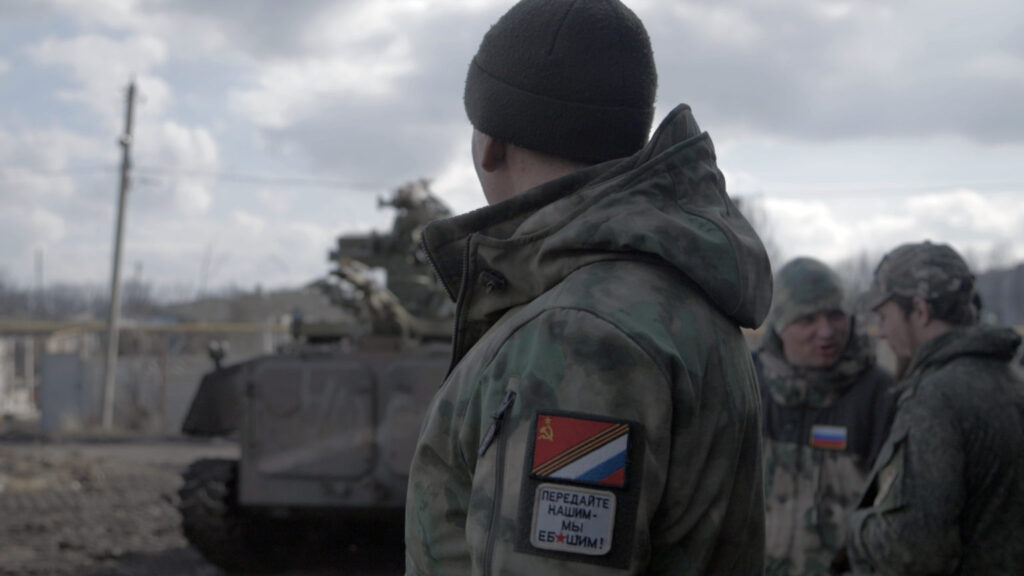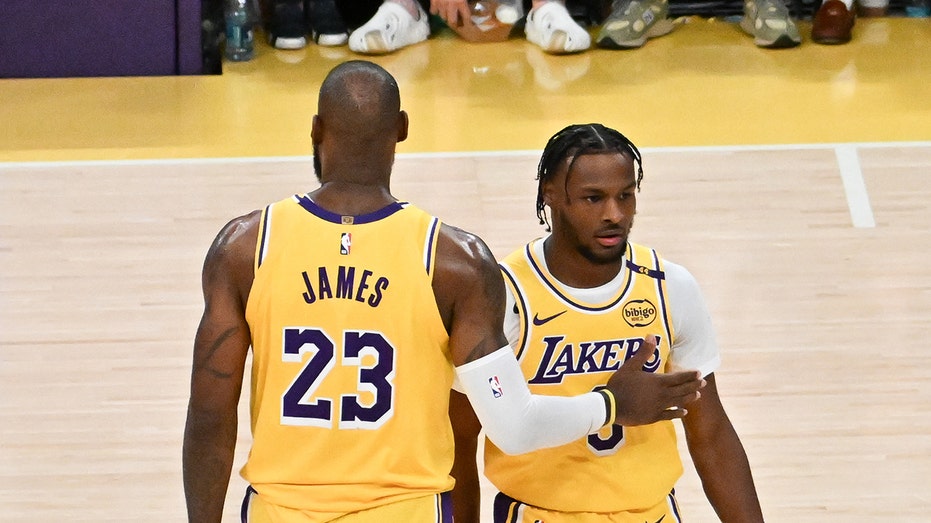Why “Russians at War” is pure propaganda, not art
This screening at Venice isn't just misguided—it's a slap in the face to Ukrainians fighting for survival.


The filmmaker, who for seven months was embedded in a Russian battalion invading Ukraine, described her mission as telling “another story” of Russian soldiers to challenge Western “stereotypes” of Russian soldiers all being war criminals and reverse the destruction of “bridges … between Russia and the West.”
The film festival’s decision to include this picture in the screening was met with indignation by Ukrainian participants. One of those critical voices belongs to Ukrainian film producer Daria Bassel, who presented Songs of Slow Burning Earth in Venice, a documentary highlighting the first two years of Russia’s invasion of Ukraine.
I watched a film today at the Venice Film Festival titled “Russians at War.” Since our film is in the same section as this one, I usually wouldn’t speak publicly about it. However, in this case, I cannot remain silent because it’s not just about films and art but about the lives of thousands of people who die in this war— a war that has instrumentalized propaganda as its weapon.
This film may mislead you into believing that it is an anti-war film, one that questions the current regime in Russia. However, what I witnessed is a prime example of pure Russian propaganda. Here’s why.
The director expresses shock at Russia’s 2022 “invasion” of Ukraine, conspicuously avoiding the term “full-scale invasion” – the phrase commonly used to denote the escalation of Russia’s war post-2022.
Strikingly, the film neglects to mention Russia’s 2014 invasion and annexation of Crimea. These pivotal events seem nonexistent in the film’s worldview.
This selective amnesia extends to the filmmaker’s personal reflections. The director asserts that her country hasn’t engaged in wars for many years, claiming she’s only read about conflicts in books. Consequently, she portrays Russia’s full-scale invasion of Ukraine in 2022 as an utterly unexpected shock.
Remarkably, the filmmaker overlooks the fact that her country has been inherently involved in various wars and occupations for at least the last 30 years (1992-93 Transnistria, Abkhazian War, 1994-96, and 1999-2009 Chechen Wars, the 2008 war in Georgia, and the 2015-2022 invasion of Syria).
Ms. Trofimova’s “Russians at War” begins with an intriguing choice: a Ukrainian now residing in Russia and fighting for the Russian side. This peculiar framing sets a questionable tone for a purported exploration of Russians at war.
Later, this character will claim that a CIVIL war erupted in Ukraine in 2014, repeating Russian propaganda claims that conveniently mask Russia’s fostering of this war. He then peddles the absurd notion that Ukrainians bombed their own eastern regions, conveniently explaining his flight to Russia.
In a further descent into tired tropes, another character in Trofimova’s work will declare that Ukrainians are Nazis. They represent well-worn propaganda threads, extensively disseminated by Russian media outlets. Notably, the infamous Russia Today, a prominent horn of such propaganda, has previously featured several documentaries directed by Ms. Trofimova herself.
Throughout the film, characters express confusion about their actions in Ukraine. They claim to want the war’s end, with most fighting for financial reasons. The final segment shows the battalion moved to Bakhmut, where many characters die in battle. We then witness comrades and relatives grieving at their graves, all echoing incomprehension about the war’s purpose.
The filmmaker concludes that these are poor, ordinary Russians manipulated into war by larger political forces. This perspective is amusing because the filmmaker—like Putin and his regime—denies these people the basic capacity for dignity and independent thought. She portrays them as mere powerless objects.
You’ll likely feel pity for those depicted dying and for their grieving loved ones. As a normal human, you should feel sadness and emotion. However, remember that these individuals joined an army invading an independent country, many willingly.
Recall Bucha, Irpin, Mariupol, and the murdered civilians. Remember the thousands of children illegally transported from Ukraine to Russia. As you read this, missiles are striking Ukrainian cities, launched by ordinary Russians. Are their crimes less significant simply because they claim ignorance about their involvement in this war?
The director’s approach to war crimes in the film is particularly noteworthy. She asks one character if he believes the Russian army commits war crimes. His denial, claiming no personal witness to such acts, is mirrored in the director’s own interviews. She states she saw no signs of war crimes during her time near the front, as reported by Reuters.
We can only be happy that she was fortunate enough not to witness any war crimes. Unfortunately, thousands of Ukrainians have not shared this luck.
I could continue, but I believe this suffices to understand that this film presents a highly distorted picture of reality. It spreads false narratives by calling the Russian invasion and annexation of Crimea a civil war, suggesting that the Russian army does not commit war crimes, and presenting those who are part of the aggressor’s army as victims.
- Russian soldiers admit heavy losses, looting, shelling civilians in phone calls to wives and mothers
- Army of marauders: the long history of Russian military looting, pillaging, and stealing
- “Bring me someone’s severed head,” Russian woman says in intercepted phone call
- “Three Russian soldiers raped my mother and sister. The fourth made me watch.” Hundreds of cases of rape by Russian soldiers in Ukraine
If you decide to watch “Russians at War,” I recommend following it with another documentary about Russian soldiers titled “Intercepted,” directed by Oksana Karpovych. It also opens a door into the lives of ordinary Russians fighting in this war. You’ll be curious to explore it, as it will undoubtedly surprise you. You may also want to add “20 Days in Mariupol” to your viewing list, just to be able “to see through the fog of war,” as the director of “Russians at War” so aptly put it.
As a postscript, I encourage readers to visit the webpage of the Nobel Prize-winning human rights organization, Center for Civil Liberties. There, you’ll find extensive information on prisoners of war, civilian hostages, and political prisoners. The Center has documented stories of individuals enduring torture, ill-treatment, inadequate medical care, hunger, and information isolation.
I hope you read it.
Editor’s note. The opinions expressed in our Opinion section belong to their authors. Euromaidan Press’ editorial team may or may not share them.
Submit an opinion to Euromaidan Press
Related:
- Famous Ukrainian filmmaker Ruslan Volodin dies at frontline
- Nine powerful films about Ukraine to add to your watch list
- “I wish I never made this film”: director of Oscar-winning 20 Days in Mariupol
- Ukraine-US documentary wins Grand Jury Prize at Sundance Festival



